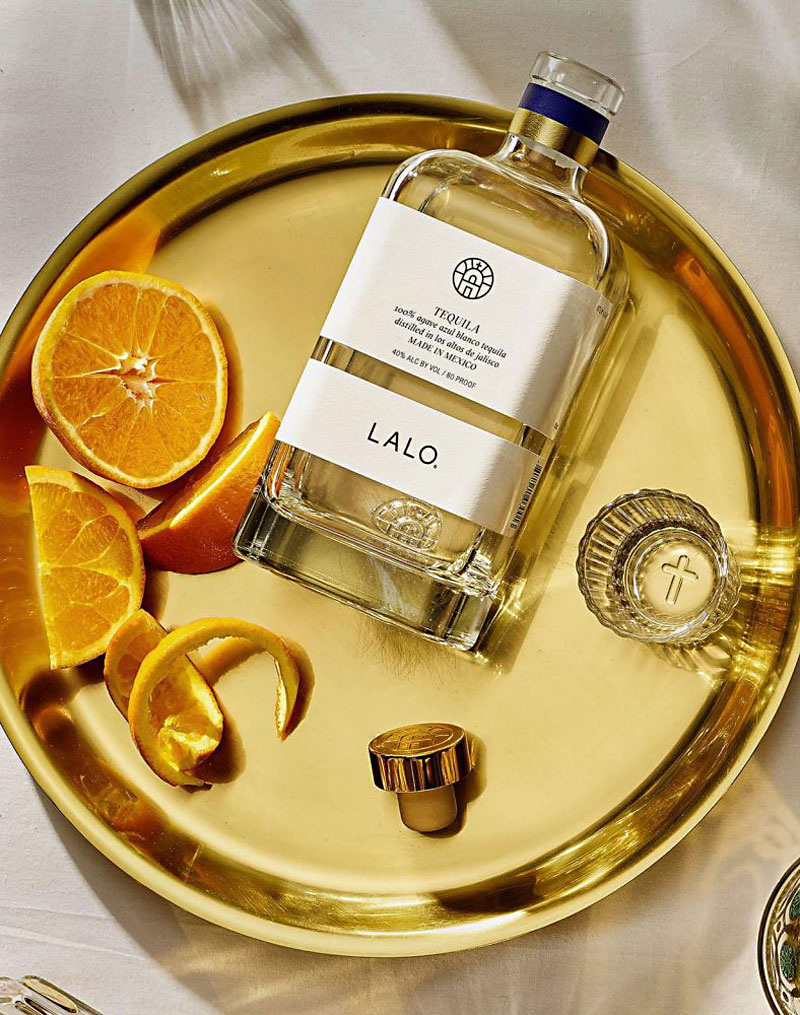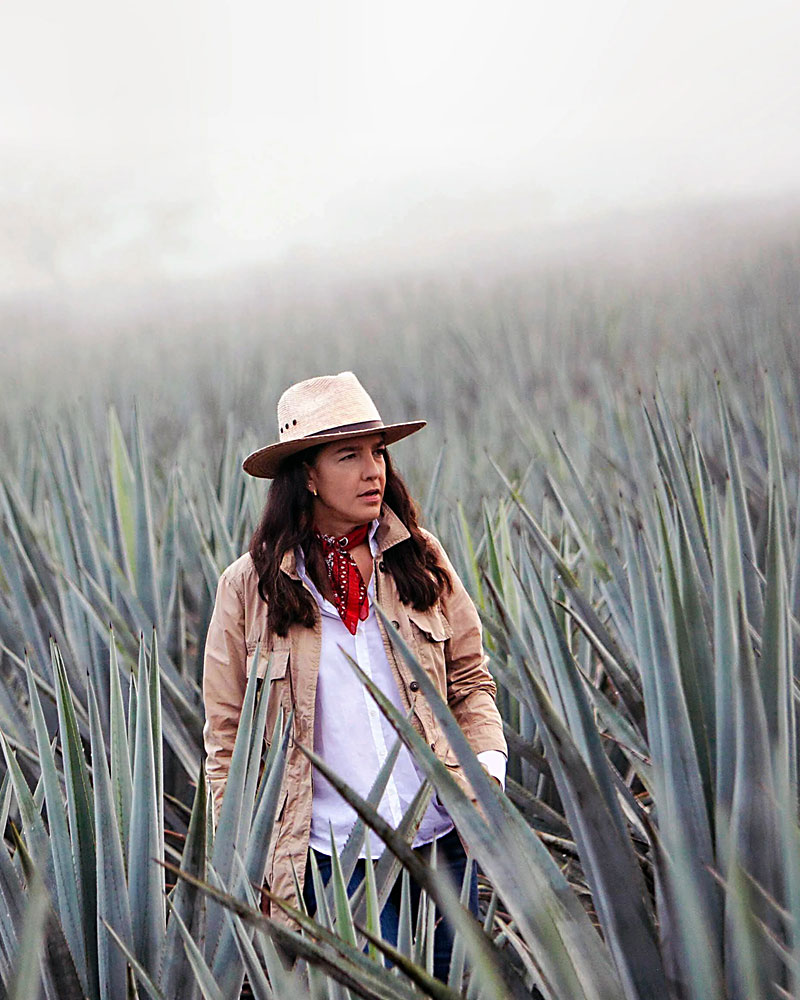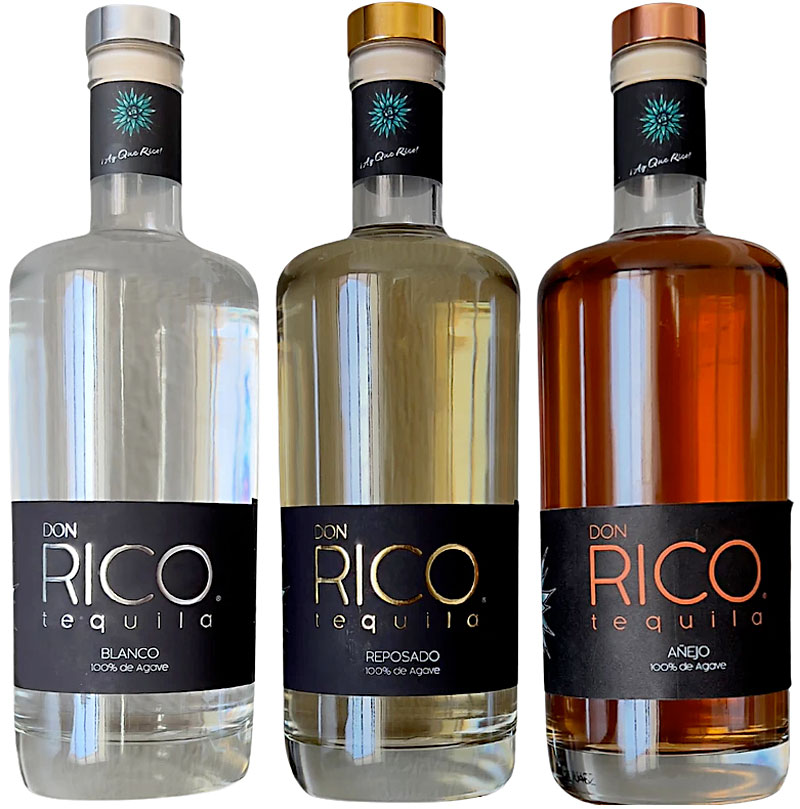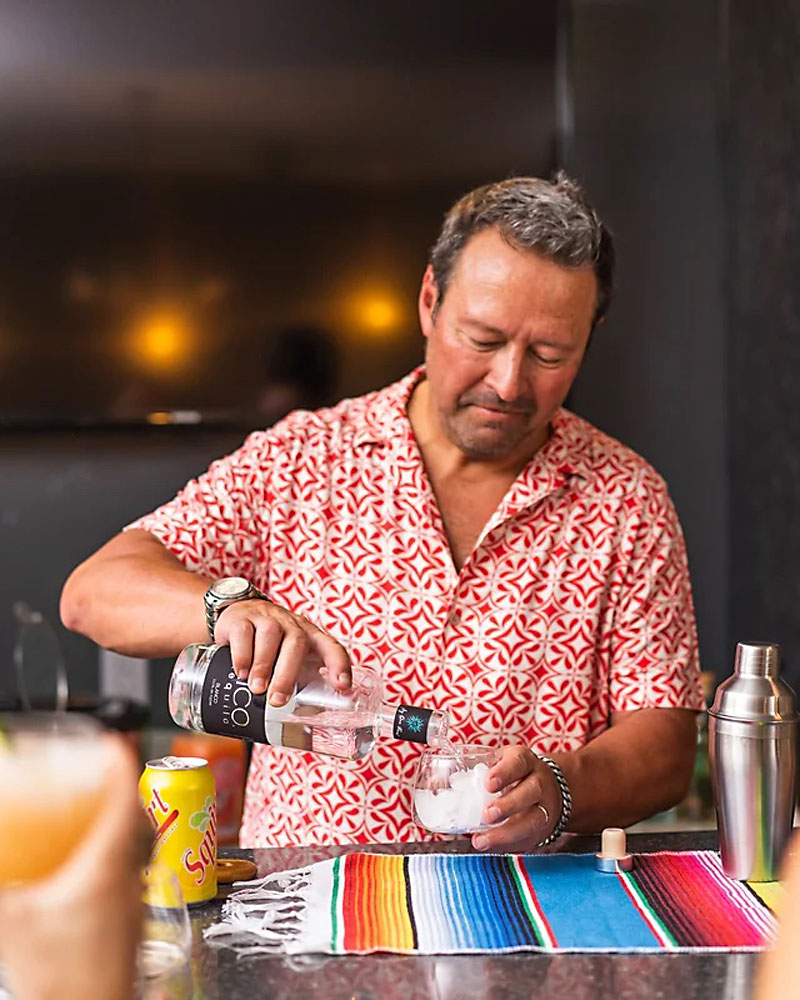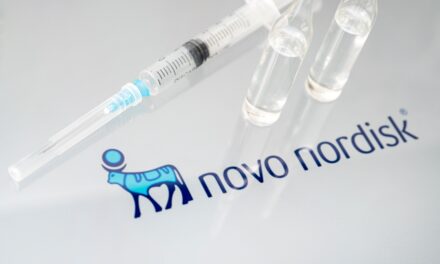It’s fair to say tequila is in its renaissance. Always known as an enchanting elixir in Mexico, the rich history and diverse array of nuanced flavors were temporarily forgotten in the U.S. sea of big distro ventures, unfortunate stereotypes, and sweaty college parties. But this iconic Mexican spirit, synonymous with celebration, is once again in clear view, and the options in Austin are lovely.
Part of what makes tequila special is its geographical significance. Just like champagne must be produced in the Champagne region of France and buffalo mozzarella is traditionally manufactured in Campania, Italy, tequila must be made in one of five authorized Mexican states to legally be called tequila: Jalisco, where the majority is made, or certain municipalities of Guanajuato, Michoacán, Nayarit, and Tamaulipas. Only one single variety of agave – Blue Weber – is allowed for tequila production.
“Blue Weber Agave is the most prized cultivar of just one species, the blue agave or agave azul, known to science as Agave tequilana. … The color is not optional,” according to VinePair. Blue Weber Agave is actually part of the lily family, and it’s pollinated by bats! “If you just say ‘Weber Agave,’ you’re actually referring to a different species, Agave weberi, a smaller plant in Mexico that can also be found in Texas and Florida. Also known as the wild century plant or Small Agave, Weber Agave without the word blue isn’t what lies at the heart of a great tequila.” (In other words, no, you cannot harvest those big agave plants in your Central Austin yard, and making your own tequila is definitely illegal anyway.)
With literal Mexican roots, the fascinating tequila production process basically involves harvesting the pina (agave heart) and creating aguamiel (juice), cooking it, fermenting, and distilling. Pretty much every brand does it differently, resulting in distinct flavor profiles ranging from earthy and herbal to smooth and sweet, and so on. Mezcal, however, is roasted in wood-fired, rock-lined pits, lending its signature smoky, savory flavor. While we’re at it, tequilas are a type of mezcal, but not all mezcal is tequila. As we know, tequila is only made from the one specific Blue Weber Agave in five authorized Mexican states; mezcal, on the other hand, is made from a variety of agaves, or magueys, growing in 10 or so designated Mexican locales.
There is some argument among anthropologists about mezcal’s ancestral roots, which predate tequila, but it’s narrowed to an origin story of either 400BC (when Mesoamerican peoples distilled in clay pots), or post-Spaniard arrival in Mexico, or maybe after Filipino soldiers arrived. Just know that mezcal is an ancient spirit, and tequila is a direct descendant.
Different classifications – or expressions – of tequila allow the master distiller to impart various aromas, colors, and tastes by resting in barrels and casks. Unlike whiskey, an older tequila does not necessarily translate into a better tequila. Some of the finest tequilas in the world are unaged or recent. Don Julio 1942, for example, is typically aged for 24 months; 1942 is the year its founder first began distilling.
“My ‘why’ started a long time ago with my grandfather, and my father, who wanted to change the consumer’s perception of tequila, especially the association with getting wasted in dive bars. He wanted to elevate the tequila experience, and so do I.”
– Eduardo “Lalo” González
Blanco tequila, also known as silver or white, showcases the agave with its fresh, vibrant taste – it is considered the purest expression of the agave. It must be distilled at least twice, and is unaged, but can stand for under two months to allow settling and oxidation. Reposado is aged for 2-11 months in oak barrels, offering a smooth and slightly more complex flavor. Añejo is aged at least one year, often in oak barrels, which adds richness and nuance enjoyed like a fine whiskey, wine, or cognac. Joven is a blend of unaged and aged tequilas, but often involves “abocado,” or adding things like caramel color, oak natural extract, glycerin, or sugar syrup.
Reputable brands that prioritize craftsmanship, traditional techniques, sustainable practices, and quality ingredients – like smaller, family-owned distilleries and brands – usually have the most exciting flavors and showcase the plant’s natural beauty. Seeking Mexican tequilas and Mexican producers helps preserve heritage and authenticity. Even better, well-made 100% agave tequila’s purity sets it apart from other spirits by using minimal or no additives, making it lower in calories and carbs and naturally gluten-free.
A Family Tradition
Lucky for us, Austin boasts some excellent tequila. One new local brand on the scene is not only anchored by one of the most famous tequila families in the world, but it’s so straightforward they only offer one expression. LALO Blanco Tequila was founded by Eduardo “Lalo” González, whose grandfather is the Don Julio. Although the family sold the famous brand around 2000, Lalo González, also born in Mexico, grew up watching his grandfather and father, and like them, he also became a passionate tequila aficionado dedicated to honoring the agave plant and its natural flavors.
“I think the most important question that you need to ask is, ‘Why are you doing it,’ right? It’s a very, very crowded market,” explains González. “My ‘why’ started a long time ago with my grandfather, and my father, who wanted to change the consumer’s perception of tequila, especially the association with getting wasted in dive bars. He wanted to elevate the tequila experience, and so do I.”
A dynamic series of events connected González with childhood friend David R. Carballido, who exchanged stories about González’s family, Mexican culture and the lack of Mexican ownership in the tequila industry, and the rampant usage of additives. The pair launched their blanco privately at first, serving it at family events and weddings. (At one, González recounts, “the bride was drinking it straight from the bottle. I said, ‘Well, that’s pretty normal for a Mexican wedding!'”) The response was very positive, and when his father died a month later, González knew, “The story cannot die with my father. It will continue.”
In addition to upholding the family legacy, González remains committed to “honoring the agave by focusing only on one expression with no additives. It’s very important.” Around 80% to 85% of tequilas on the market contain additives, he says.
Produced in small batches using traditional family methods, LALO remains additive-free, and to ensure that, they participate in a third-party program that tests samples and provides certification, guaranteeing authenticity. González strongly emphasizes their Mexican heritage. Harvested from the Los Altos region, known for its elevation, water, and soil, it has fruity, vegetal, and mineral notes. They utilize a proprietary champagne yeast. Tequila Matchmaker – a database app that shares info on brands and distilleries from the TRC (Tequila Regulatory Council), lists community rankings, and pairs people with their best match – verified LALO as additive-free. This June, The New York Times listed LALO as the “best any-occasion blanco.”
González recommends trying his tequila neat, at room temperature, to experience the full spectrum of flavors. But when it’s cocktail hour, his favorites include the paloma, margarita, and ranch water. Regardless of how people enjoy it, González is thrilled to see the growing appreciation for high-quality tequila. Even better, he says, “Austin is our hometown, and we are so proud to share this here.”
Hot Cat, Cool Tequila
Another homegrown spirit, albeit with a different M.O., Cat Tequila is a small local brand born in 2015. Matt Phelan, manager and part of the family business, explains that despite “[coming] into this industry completely blind,” they launched at Spec’s in 2018, proof of their potential.
Inspired by Fireball (whiskey), as the story goes, Lucy Hebard, a friend of Phelan’s mother, Nancy, expressed interest in a cinnamon-flavored tequila. Nancy took on the challenge, with Lucy providing financial support. After finding the right distiller, they experimented with recipes until landing on their combination. The initial product, Hot Cat, is cinnamon-flavored, and the name stands for “cinnamon agave tequila.” They’ve since expanded to four products, including a silver tequila and both joven and añejo mezcals. “It’s different – it’s playful and fun. And that’s what we’re going for.
“We were able to get it to the community at a good price point, and we’re still so small,” Phelan continues. “It’s a family business, and now that Lucy’s sadly passed away, it’s just me, my mom, dad, brother, and sister. We do all our own distribution, in our own vehicles, and it’s all under one roof. And we kind of like it that way.”
Phelan recommends enjoying Hot Cat very cold; the silver tequila and mezcal joven work well in various cocktails, especially with his favorite mix, Agalima.
“The agave plant is truly a magical plant,” Phelan says. “For anyone who hasn’t really experienced that in either Jalisco or Oaxaca, I highly suggest getting down there and doing some tours to really immerse yourself in the whole culture and everything about the spirit. Once you do that, you’ll just see how different every tequila is, every mezcal is, and you’ll get to appreciate it so much more. I had that opportunity and it kind of changed my life.”
Maestras y Jefas
Although not a local brand, Casa Dragones Tequila is noteworthy as a rare female-founded and -led brand with Bertha González Nieves, the first Maestra Tequilera (certified by the Academia Mexicana de Catadores de Tequila), at its helm. Their tasting room in San Miguel de Allende is known as the “World’s Tiniest Tequila Bar.”
About the four expressions, Nieves explained, “We’ve been committed to innovation, modern, sustainable production, and Mexican craftsmanship since we launched our sipping tequilas in 2009. Since then, we’ve created four unique styles of sipping tequilas, each designed to surprise and enamor the tequila lover.” Their fourth and newest innovation, Casa Dragones Reposado Mizunara, is rested in rare Mizunara oak casks from Japan, resulting in a unique tequila with subtle notes of magnolia, orange blossom, butterscotch, and oak.
“Look at tequila like a fine wine. Let it aerate, look at the legs – look for the natural oils that coat the tongue. These things matter. Taste and enjoy it with friends and create memories. Share it with people you love. That’s what tequila is about.”
– Rick Olivo
While we’re at it, a few other women in the largely male-dominated tequila biz include: Carmen Alicia Villarreal Treviño, head of Casa San Matias, producers of Corazón tequila; Melly Barajas Cárdenas, another Mexican master distiller of tequila and sometimes called the Queen of Tequila, and her brand La Gritona; and Nitzan Marrun’s Satryna Tequila, a small-batch luxury tequila with Maestra Tequilera Mireida Cortes from legendary Tequilera Newton.
Raising the Bar
Back in Austin, Don Rico Tequila is a family business on the market for about a year. Rick Olivo and his wife, Sharon, are the co-owners/founders; their children, Christian and Tiana, are also involved. Olivo also has two minority partners from his high school days in Egypt.
Practicing law for 25 years (and counting), including a current role as a local visiting judge in the justice of the peace courts, Olivo developed a tequila passion working as general counsel for a national tequila brand 15 years ago. First interested in sipping and collecting the “finer tequilas,” he decided to learn more about five years ago when his brother moved to Mexico. The opportunity to learn on-site about production turned into multiple trips to distilleries, numerous tastings, and conversations with “two or three dozen” master distillers to understand the process and characteristics that make a tequila exceptional. After finding a distiller that agreed to work with him, Don Rico Tequila was born.
Don Rico offers three award-winning expressions: blanco, reposado, and añejo. Verified additive-free, Don Rico contains only three ingredients: water, slow-cooked mature agave (aged six to seven years), and naturally occurring yeast. The blanco is double-distilled and goes straight from still to the bottle without any aging. The reposado is aged for three months in American oak barrels, while the añejo spends additional time in French oak Cabernet barrels, resulting in a unique copper tone and a lot of attention. Tequila Matchmaker verified the brand as additive-free.
Olivo’s favorite expression? “That’s like saying, ‘What’s your favorite child?’ But I do tend to favor the blanco because I’m more of a purist, and it’s basically the expression that is the true agave experience.”
They use agave from both Jalisco’s highlands (red clay soil imparts sweeter, floral, and citrus notes) and lowlands (volcanic soil creates a more herbal profile with flavors like sage, mint, and grassy notes). “Pepper, for instance, is a very prominent flavor that comes through a little spiciness,” Olivo explains. “And so in our case, when you first smell it, and the first step, it’s going to be reminiscent of the highland characteristics, but the finish on it is going to be more like lowland – so you get both influences in there.”
Olivo, naturally, recommends enjoying at room temperature, neat, to savor the natural flavors. “Just sip it and enjoy it.” In special news, Don Rico is launching its own sangrita, a traditional Mexican cocktail mix traditionally made by combining fruit salad with red chile, like pequin powder (giving it that blood red color), and collecting the juices into a shot glass and sipping with blanco, enjoying as a chaser, or mixing with tequila and grapefruit soda (Fresca or Jarritos) and garnishing with Tajín and a lime wedge to make cantaritos. “It’s just absolutely phenomenal – and a little spicy.”
Of almost 3,000 brands of tequila, less than 100 are additive-free. “It’s a pretty big deal,” Olivo added. In younger, immature agave, the sugars have not fully matured, so not only is there less agave flavor, the production method is changed to involve acid and additives. “Like the vanilla notes in a lot of celebrity brands, or caramel, it’s to kill the nasty flavor you remember from the old days. With a traditional method, you don’t get that.”
He adds, “So you want to look at tequila like a fine wine. Let it aerate, look at the legs – look for the natural oils that coat the tongue. These things matter. Taste and enjoy it with friends and create memories. Share it with people you love. That’s what tequila is about.”
Each brand tells a unique story, so raise a glass – whether you enjoy it neat or in a cocktail – and savor the unique complexities, celebrate the rich Mexican heritage, and enjoy dedicated craftsmanship. ¡Salud!


